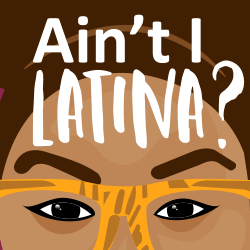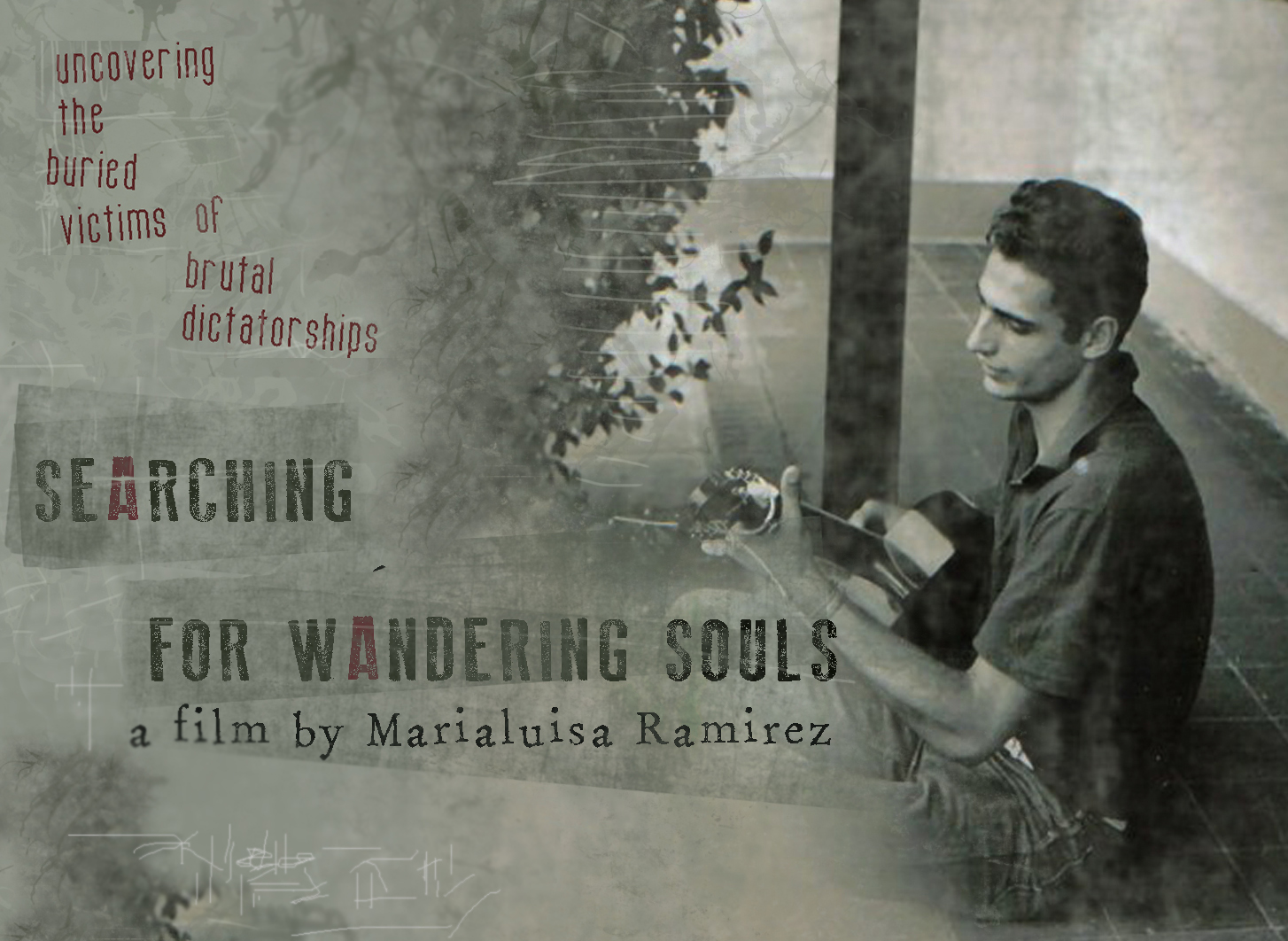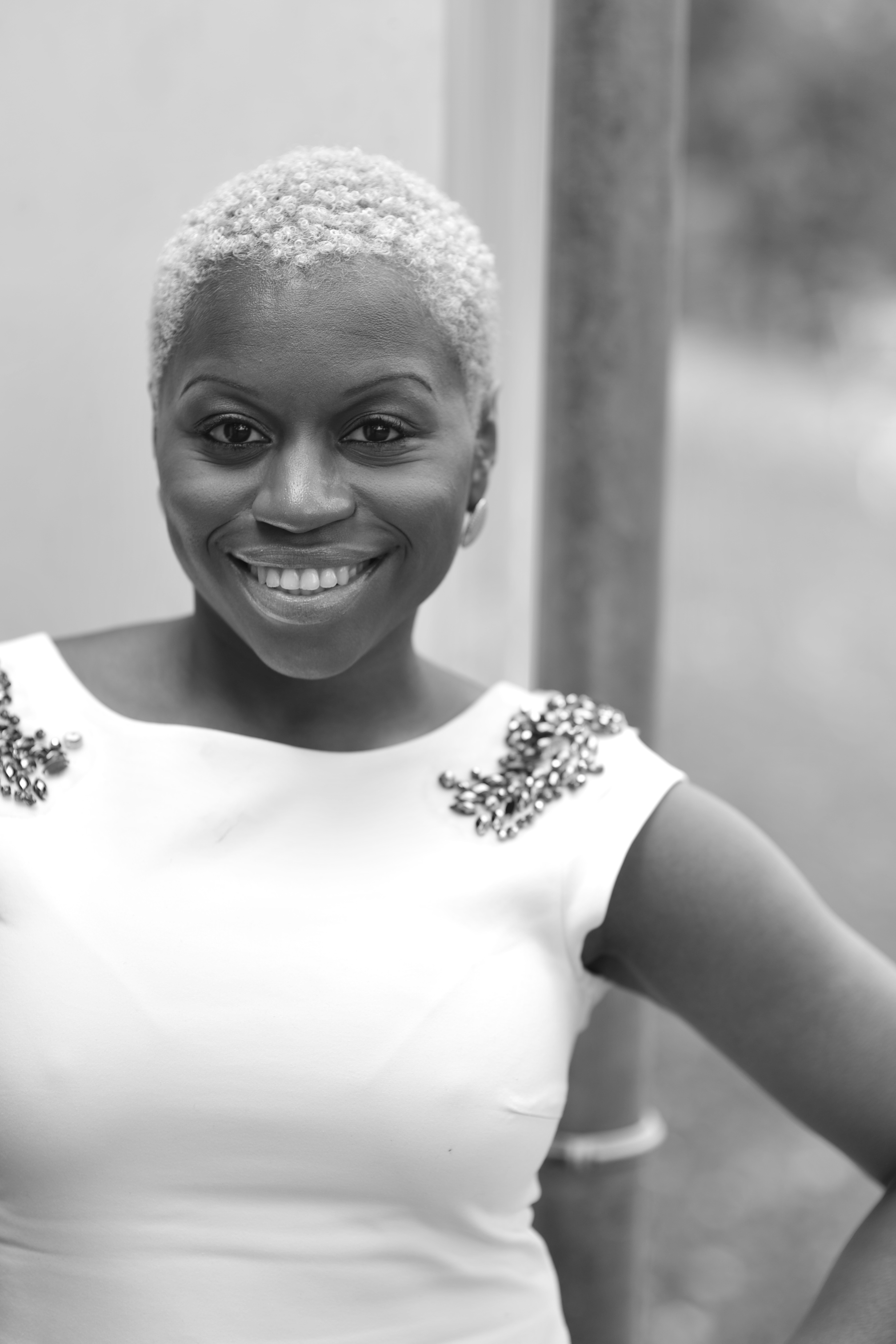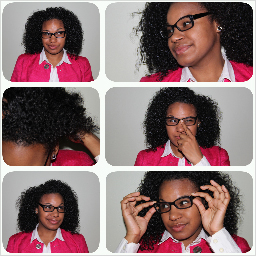If left up to the small or large screen, your favorite glossy or newspaper, or even big budget advertising campaigns, you wouldn’t know an Afro-Latina if she tapped you on the shoulder. But we are out there, and we’re letting our voice be heard. Ain’t I Latina?’s Everyday Chica series highlights millennial Latinas that are blazing a trail in their respective industries, leading by example for future generations of Latinas. This week, we’re featuring Puertorriqueña Marie Nubia-Feliciano. She shares her passion for Afro-Latino identity within education.
Tell me about yourself: Where are you from? Discuss your upbringing — how did it help you craft your identity?
I’m from Vieques, Puerto Rico, but was raised in Culebra. At 6 years old my mother moved me and my siblings to Carson, in southern California. That is where I went to school. Although I came to the US as a small child, I can still say that I feel like a foreigner… I was brought up in a Puerto Rican household, and my mother tried to give us all the opportunities that she could give us. The dignidad y respeto that is owed to her is something that comes from my soul, and I may never be able to pay her back for her sacrifices. Coming from Puerto Rico to Carson, I feel has shaped my identity in that in Puerto Rico, I was la negrita linda. In Carson, I was a black girl who didn’t speak English. That dual placement in society started me on my journey to understand myself in both contexts, as a Puerto Rican, and as an Afro-Latina.
Talk to me a little bit about your dissertation. What are you trying to delve into or uncover as it pertains to Afro-Puerto Rican women?
My dissertation explores the college-going experiences of Afro-Puerto Rican women. The project began as an exploration of their experiences both stateside and in Puerto Rico. This comparison would have allowed me to explore the nuances of the racial matrices that exist in both locations, see the impact of colonialism, and how the concept of colorism manifested itself in their lives, along with any other issues that the women’s stories may illuminate. The project has hit a bit of snag because I have not found any participants from Puerto Rico who would come forward and help me with this project. I also only have two participants, one from Chicago (IL) and one from San Diego (CA). I was hoping to have eight women participate in the project. I’ve been trying to recruit since May but it has been difficult. I am considering shifting my focus towards more a process piece where I explore the process by which Puerto Rican women (three or four, including myself) come into their racialized identity as Afro-Puerto Rican women, and see what role their college experience played in this process. My project is qualitative in nature. The theoretical framework is Sociocultural Theory using Narrative Inquiry to explore the stories of Afro-Puerto Rican women. I am still open to speaking with women who are willing to share their stories with me.
How do you identity? Do you consider yourself Afro-Latina, or use another term to describe your race and/or ethnicity?
I do see myself as Afro-Latina, more specifically Afro-Boricua. I see the world as a Puerto Rican woman, but I understand that the world doesn’t see me that way. I can hide my Latina-ness in my Black body until I choose to ‘come out’ to whoever is around. This dual identity sometimes puts me in situations where I am expected to know how to be African American, but I don’t know how to be that identity. My Black body holds a Latina identity that in the US is made to answer to the structures of power not as a Latina, but as a Black woman. Sometimes a lot is lost in translation.
Pages: 1 2





